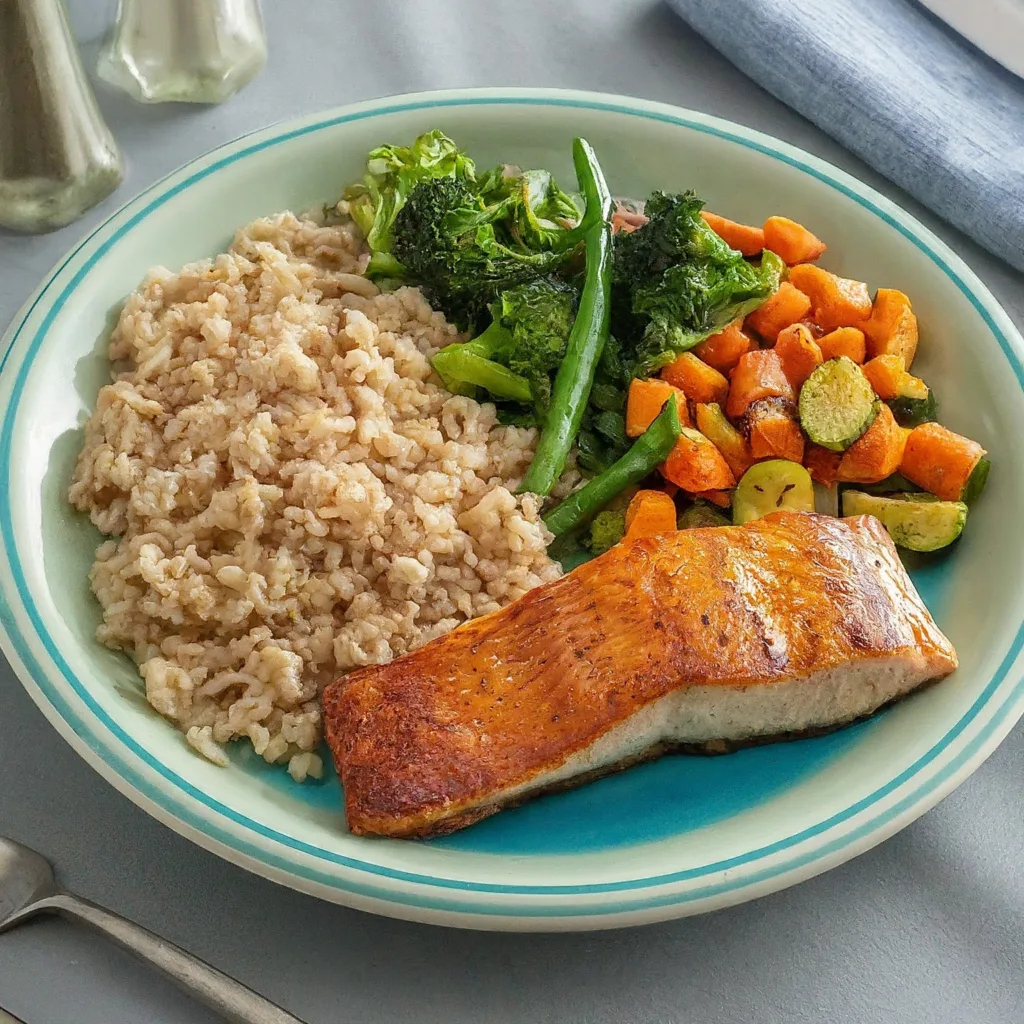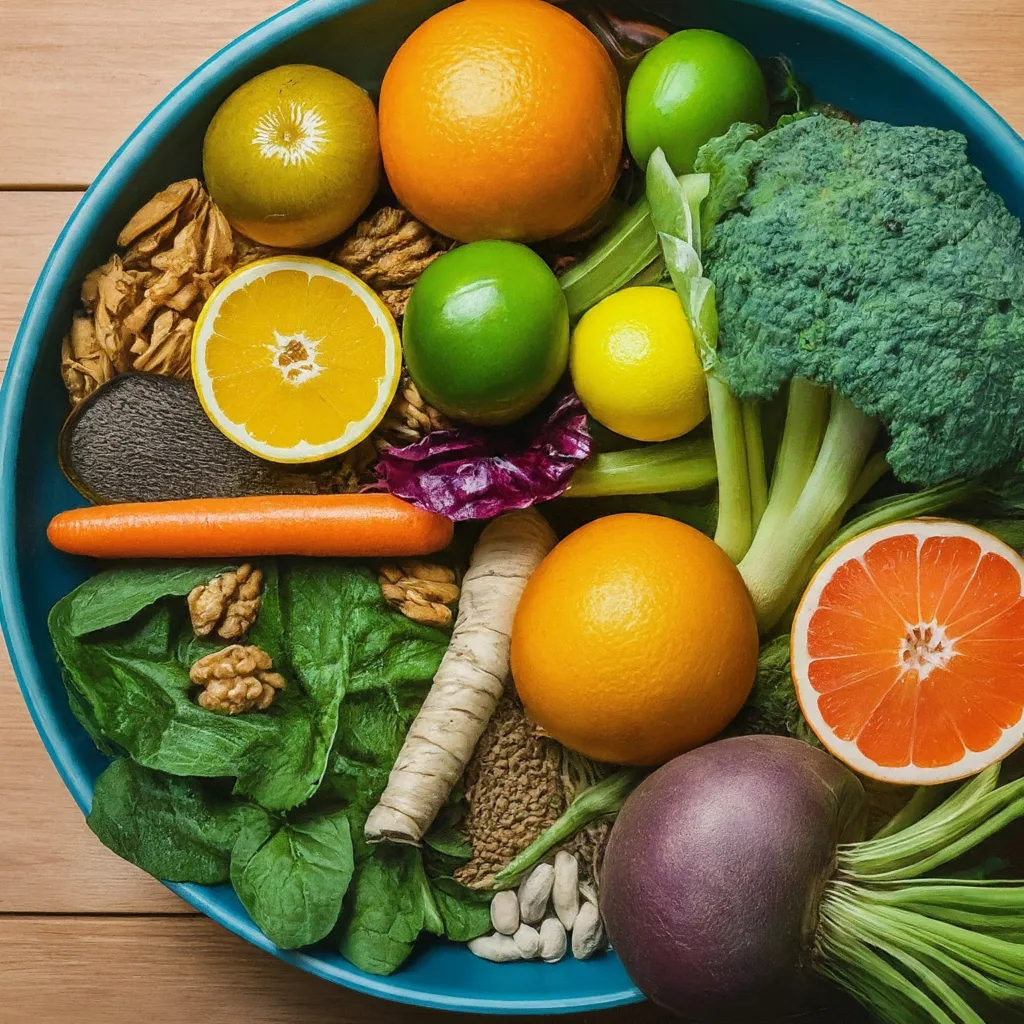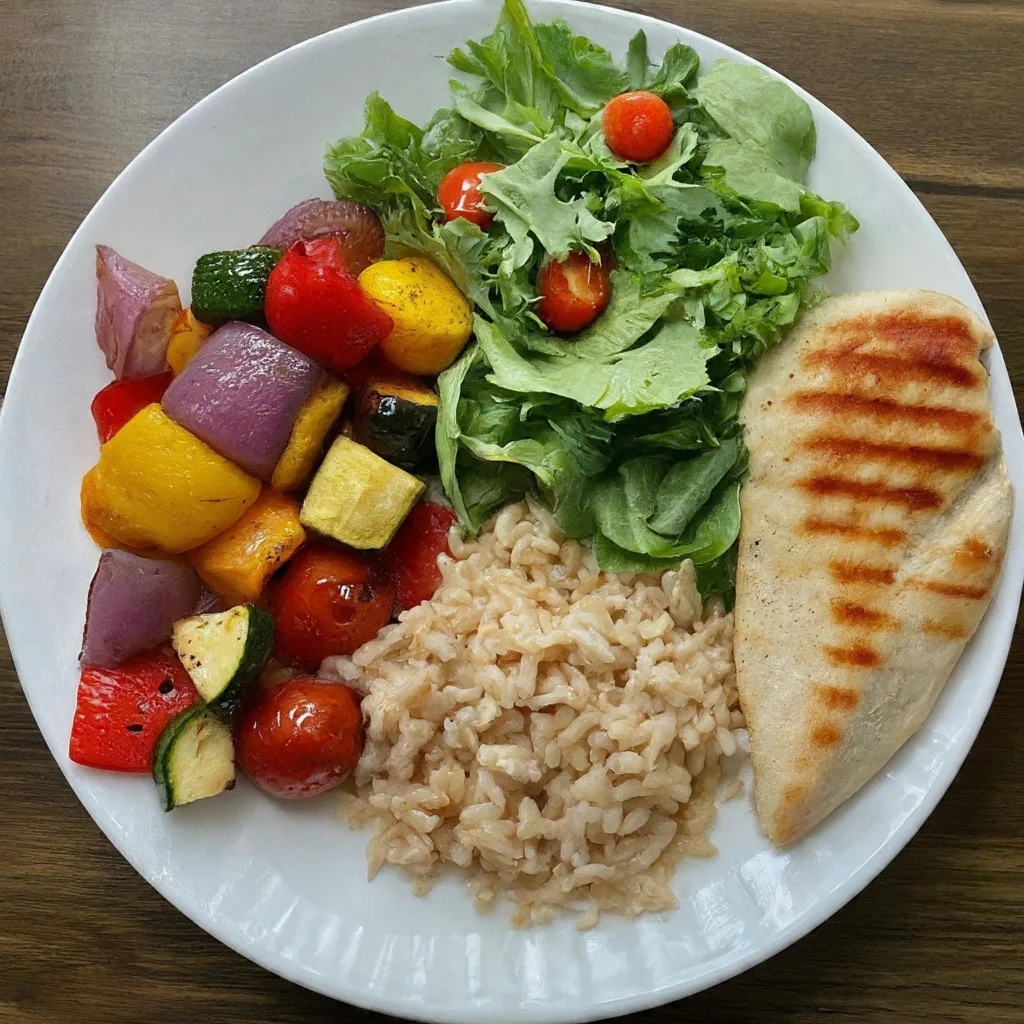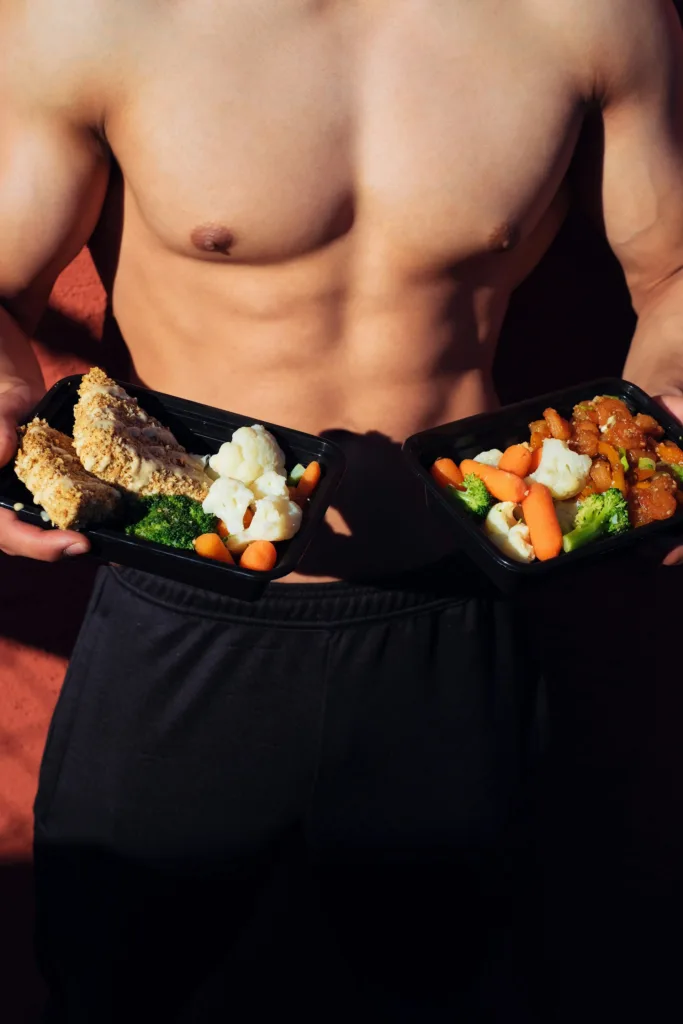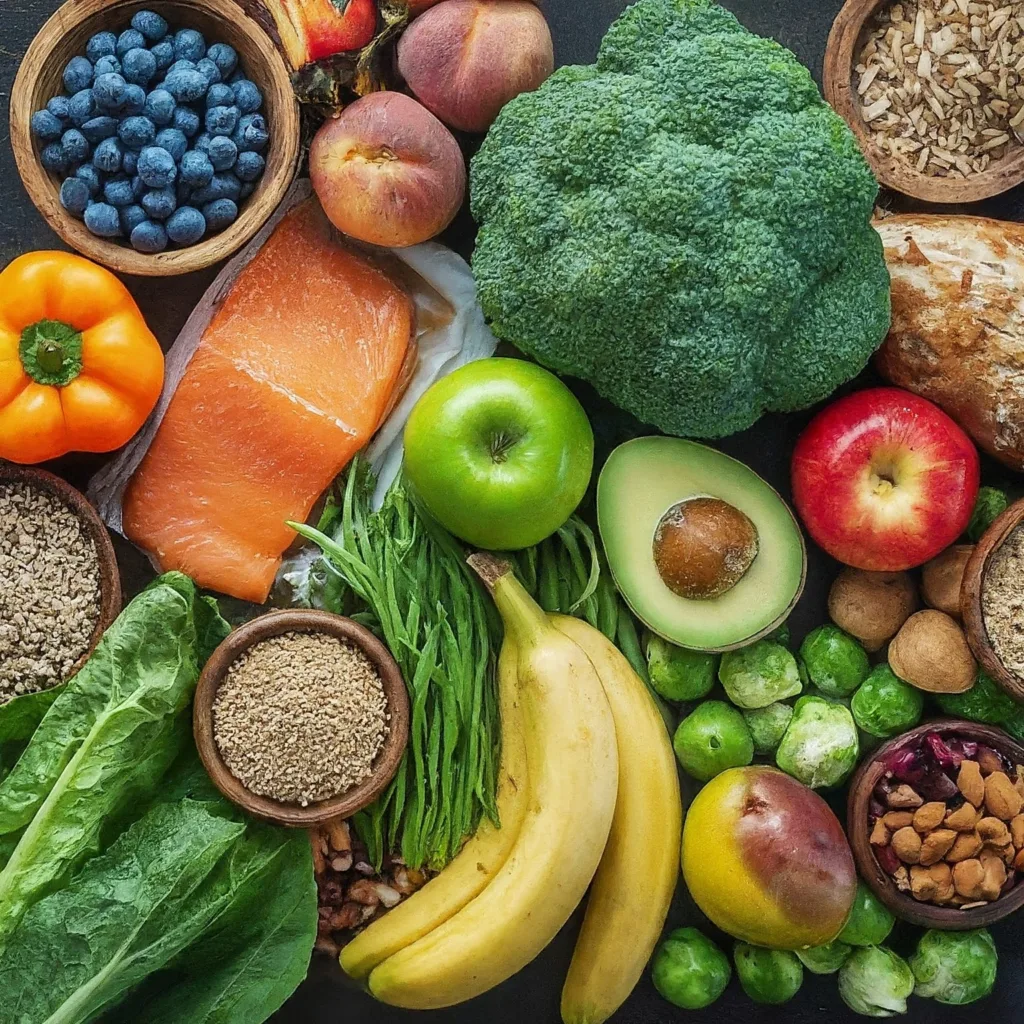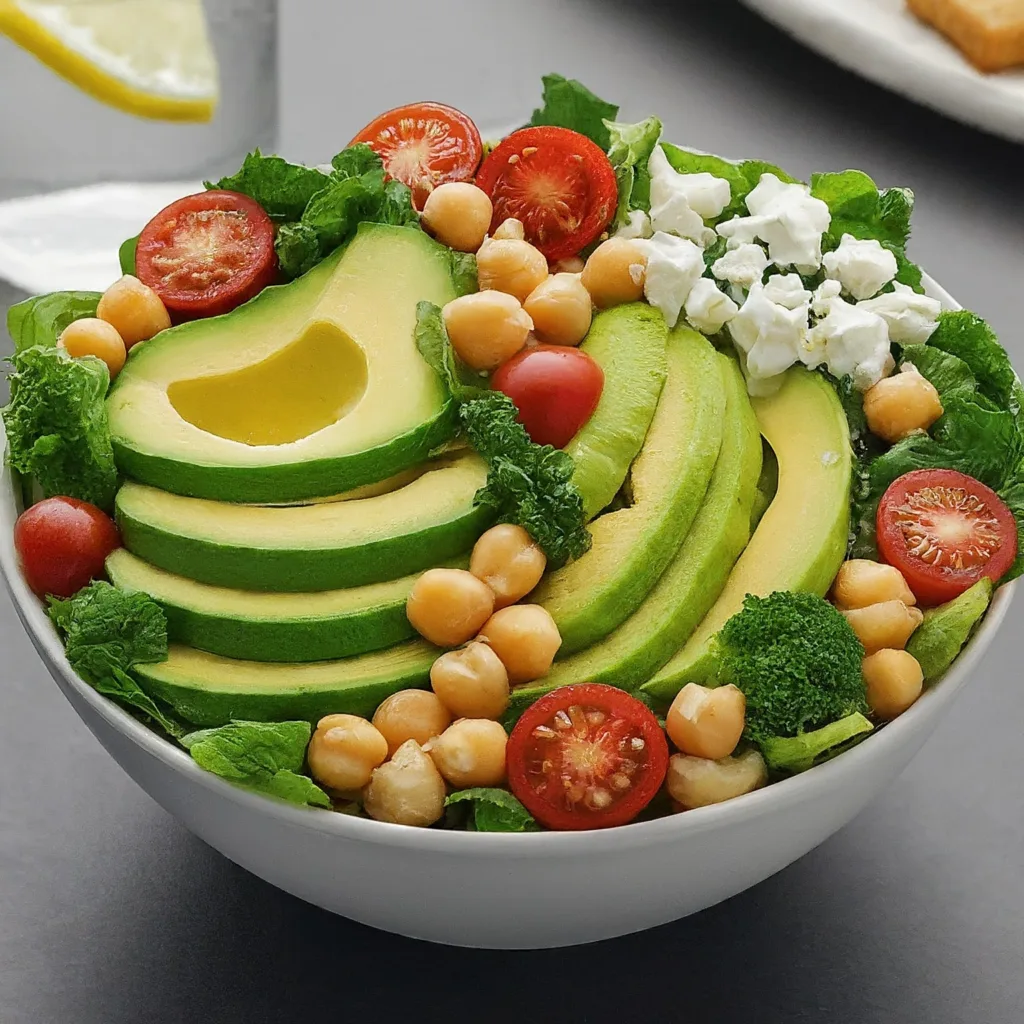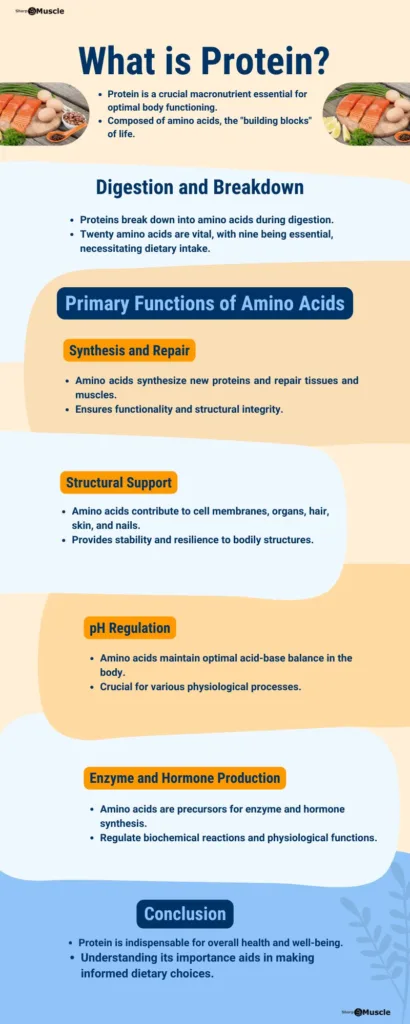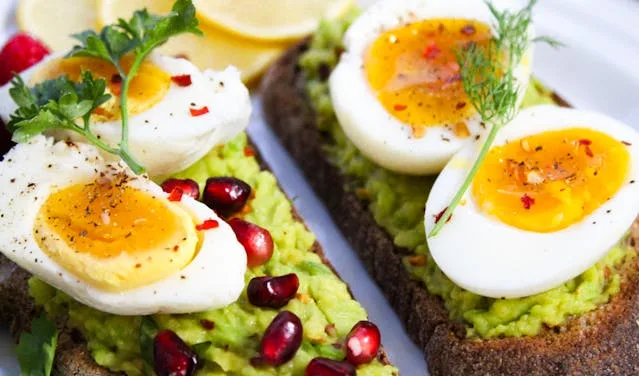That said, there are two meals that matter: the Pre-workout and Post-workout meals. It doesn’t matter, as long as you hit your daily numbers, you can easily lose fat and build muscle.
What is pre-workout meal?
A pre-workout meal is a meal that is consumed before exercising or participating in physical activity. The purpose of a pre-workout meal is to provide the body with the energy and nutrients it needs to perform at its best during exercise. A balanced pre-workout meal should include carbohydrates for energy, protein for muscle repair and growth, and healthy fats for sustained energy.
Benefits of pre-workout meal
A well-timed and balanced pre-workout meal can provide a number of benefits for the body, including:
- Increased energy: Carbohydrates are the body’s main source of energy, and consuming a meal with carbohydrates before exercise can help to provide a sustained energy boost during physical activity.
- Improved endurance: Consuming a meal with carbohydrates before exercise can help to increase glycogen stores, which can improve endurance and delay fatigue during intense or prolonged physical activity.
- Enhanced performance: Consuming a meal with a balance of carbohydrates, protein, and healthy fats can help to optimize energy levels, support muscle repair and growth, and reduce inflammation, leading to improved performance during exercise.
- Improved concentration and focus: Consuming a meal with carbohydrates and protein can help to stabilize blood sugar levels and improve mental clarity, allowing for better concentration and focus during physical activity.
- Reduced muscle damage: Consuming protein before exercise can help to reduce muscle damage and promote muscle growth, leading to improved recovery and performance.
- Improved hydration: Staying hydrated before, during, and after exercise is important for optimal performance and recovery. Consuming a balanced meal with fluids can help to support hydration and reduce the risk of dehydration.
Overall, consuming a balanced pre-workout meal can help to improve energy levels, performance, and recovery during physical activity.
Pre-workout meal
Like most aspects of bodybuilding, the topic of pre-workout meal is fraught with contradictions.
Does pre-workout nutrition even matter? Should You Eat Protein Before Training? Carbohydrates? fat? If so, what type and what type of food is best? Or will eating before training have no noticeable effect on your performance or results?
Continue reading the article, let’s get to the bottom of these questions and come to some definitive, science-based conclusions about what’s to do with pre-workout nutrition.
Pre-workout protein
Some say that eating protein before workout doesn’t matter, and they often cite a study or two to back up their claims1 2.
On the other hand, you can find scientific evidence that pre-workout protein enhances post-workout muscle growth3 4.
What gives? Well, a big “invisible” piece of this puzzle occurs when the study subjects ate protein before eating their pre-workout meals.
You see, when you eat food, it takes several hours for your body to fully absorb the nutrients contained in it. The larger the meal, the longer it will take (research shows that absorption can take 2 to 6 or more hours).
This means that if you ate a large amount of protein an hour or two before a workout, your plasma (blood) amino acid levels would be significantly higher at workout time, and the protein synthesis rate would be maximally increased. In this case, it is unlikely that more protein before training will help you build more muscle because your body is already in an anabolic state.
On the other hand, if it has been several hours since you ate protein, and especially if the amount you ate was small (less than 20 grams), your plasma amino acid levels, workout time and protein synthesis rate will be low. will be less. will be less than them.
In this case, research suggests that pre-workout protein will likely help you build more muscle because it increases plasma amino acid levels (and thus protein synthesis rates) before training.5
Most people train early in the morning or after lunch (after work or before dinner), and this is why I usually recommend 30g to 40g of protein, about 30 minutes before training.
If, however, you train within 1 to 2 hours of eating at least that much protein, you can probably skip the pre-workout protein and miss out on any additional potential muscle growth.
Regarding the best types of pre-workout protein, we know that the faster a protein is digested and the more leucine it contains, the more it stimulates short-term muscle growth.6
And while any form of pre-workout protein will elevate plasma amino acid levels, you’ll get the fastest and greatest elevation from a rapidly digesting form like whey protein, which is also high in leucine.7
Pre-workout carbs
Luckily for us, the research on eating carbohydrates before a workout is pretty straightforward: It improves performance, period.8
Specifically, eating carbohydrates 15 to 30 minutes before exercise will give your muscles extra fuel for your workout, but it will not directly stimulate additional muscle growth.9
I say stimulate directly because eating carbohydrates before a workout doesn’t affect protein synthesis rates, it can help push more weight and reps into the workout, thus indirectly giving you more muscle mass over time.
So, if it’s good to eat pre-workout carbs, which types are best?
Again, the research is pretty straightforward: Low-glycemic carbohydrates are best for longer (2 or more hours) endurance exercise, and high-glycemic carbohydrates are best for shorter, more intense workouts.10
In terms of what to eat, I don’t like pre-workout carbohydrate supplements. They’re little more than overpriced, overpriced tubs of simple sugars like dextrose and maltodextrin. Do not buy into marketing BS. There is nothing inherently special about these types of molecules, except that they are easy to digest.
Instead, I prefer to get my pre-workout carbohydrates more from food. My favorite sources are rice milk (tastes great with whey protein!) and bananas, but other popular nutritious options are:
- Instant oatmeal
- Dates and figs
- Watermelon
- White potatoes
- White rice
- Raisins
- Sweet potatoes
In terms of numbers and timing, I recommend eating 40g to 50g of carbs 30 minutes before training to feel a significant improvement in your performance.
Pre-workout fat
Some claim that by eating dietary fat before a workout, you can reduce carbohydrate use during exercise and thereby improve performance.
Research has proven otherwise, however. A study by Ball State University researchers showed that consuming dietary fat 24 hours before exercise (in this case cycling) reduced time-tested performance compared to a high-carbohydrate diet.11
A study by researchers at the Australian Institute of Sport showed that even when your body “adapts to fat” and uses more carbohydrates while exercising, performance doesn’t improve.12
Here’s how Deakin University researchers summarize a 2004 review of the pre-workout fat intake literature:
“Thus, it appears that such a strategy may have a significant effect on exercise metabolism (ie, low carbohydrate use), with no beneficial effect on exercise performance.”13
So, feel free to consume dietary fat before exercising, but don’t expect to get too much out of it.
Bottom line
This is for pre-workout nutrition: 30g to 40g of protein (and whey is best), and 40g to 50g of carbs 30 minutes before training is all you need.14
- J R. Hoffman, Nicholas A. Ratamess, Christopher P. Tranchina, Stefanie L. Rashti, Jie Kang, and Avery D. Faigenbaum, “Effect of Protein Supplement Timing on Strength, Power, and Body-Composition Changes in Resistance-Trained Men,” International Journal of Sport Nutrition and Exercise Metabolism 19, no. 2 (2009): 172-85, doi: 10.1123/ijsnem.19.2.172[↩]
- “Protein Supplementation before and after Exercise Does Not Further Augment Skeletal Muscle Hypertrophy after Resistance Training in Elderly Men,” doi: 10.3945/ajcn.2008.26626[↩]
- “Preexercise Aminoacidemia and Muscle Protein Synthesis after Resistance Exercise”, Medicine & Science in Sports & Exercise: October 2012 – Volume 44 – Issue 10 – p 1968-1977. doi: 10.1249/MSS.0b013e31825d28fa[↩]
- K D. Tipton, B B. Rasmussen, S L. Miller, S E. Wolf, S K. Owens-Stovall, B E. Petrini, and R R. Wolfe, “Timing of Amino Acid Carbohydrate Ingestion Alters Anabolic Response of Muscle to Resistance Exercise,” American Journal of Physiology—Endocrinology and Metabolism, 281, no. 2 (2001): E197-E206, doi: 10.1152/ajpendo.2001.281.2.E197[↩]
- Stimulation of net muscle protein synthesis by whey protein ingestion before and after exercise. American Journal of Physiology—Endocrinology and Metabolism 292, no. 1 (2007): E71-E76. doi: 10.1152/ajpendo.00166.2006[↩]
- M Dangin, Y Boirie, C Garcia-Rodenas, P Gachon, J Fauquant, P Callier, O Ballèvre, and B Beaufrère, “The Digestion Rate of Protein Is an Independent Regulating Factor of Postprandial Protein Retention,” Endocrinology and Metabolism 280, no. 2 (2001): E340-E348. doi: 10.1152/ajpendo.2001.280.2.E340[↩]
- Y Boirie, M Dangin, P Gachon, M P Vasson, J L Maubois, B Beaufrère. “Slow and fast dietary proteins differently modulate postprandial protein accretion”, Proceedings of the National Academy of Sciences 94, no. 26 (1997): 14930-35, DOI: 10.1073/pnas.94.26.14930[↩]
- Sharon L. Miller and Robert R. Wolfe, “Physical Exercise as a Modulator of Adaptation to Low and High Carbohydrate and Low and High Fat Intakes,” European Journal of Clinical Nutrition 53, no. S1 (1999): S112-19, DOI: 10.1038/sj.ejcn.1600751[↩]
- K Tsintzas, C Williams, D Constantin-Teodosiu, E Hultman, L Boobis, and P Greenhaff, “Carbohydrate Ingestion prior to Exercise Augments the Exercise Induced Activation of the Pyruvate Dehydrogenase Complex in Human Skeletal Muscle,” Experimental Physiology 85, no. 5 (2000): 581-86, Available here: https://pubmed.ncbi.nlm.nih.gov/11038410/[↩]
- Luca Mondazzi and Enrico Arcelli, “Glycemic Index in Sport Nutrition,” Journal of the American College of Nutrition 28, supplement 4 (2009): 455S-63S, doi: 10.1080/07315724.2009.10718112[↩]
- R D. Starling, T A. Trappe, A C. Parcell, C G. Kerr, W J. Fink, and D L. Costill, “Effects of Diet on Muscle Triglyceride and Endurance Performance,” Journal of Applied Physiology 82, no. 4 (1997): 1185-89, doi: 10.1152/jappl.1997.82.4.1185[↩]
- L M Burke, D J Angus, G R Cox, N K Cummings, M A Febbraio, K Gawthorn, J A Hawley, M Minehan, D T Martin, and M Hargreaves, “Effect of fat adaptation and carbohydrate restoration on metabolism and performance during prolonged cycling,” Journal of Applied Physiology 89, no. 6 (2000): 2413-21, doi: 10.1152/jappl.2000.89.6.2413[↩]
- Mark Hargreaves, John A Hawley, and Asker Jeukendrup, “Pre-exercise carbohydrate and fat ingestion: effects on metabolism and performance,” Journal of Sports Sciences 22, no. 1 (2004): 31-38, doi: 10.1080/0264041031000140536[↩]
- Source: Bigger Leaner Stronger: The Simple Science of Building the Ultimate Male Body. By Michael Matthews. Available here: https://amzn.to/3S7dyYD[↩]




